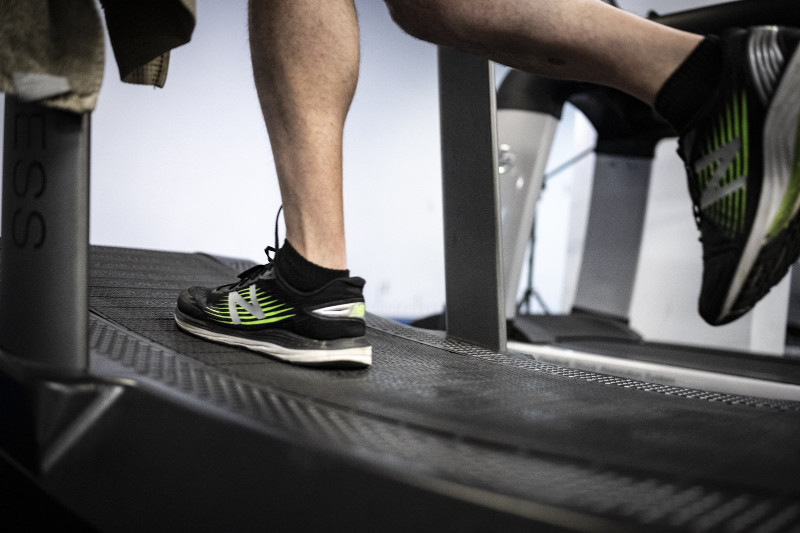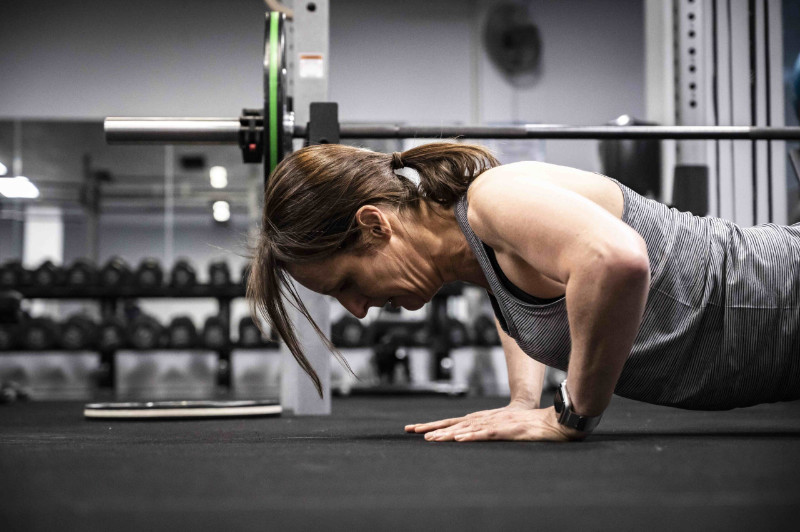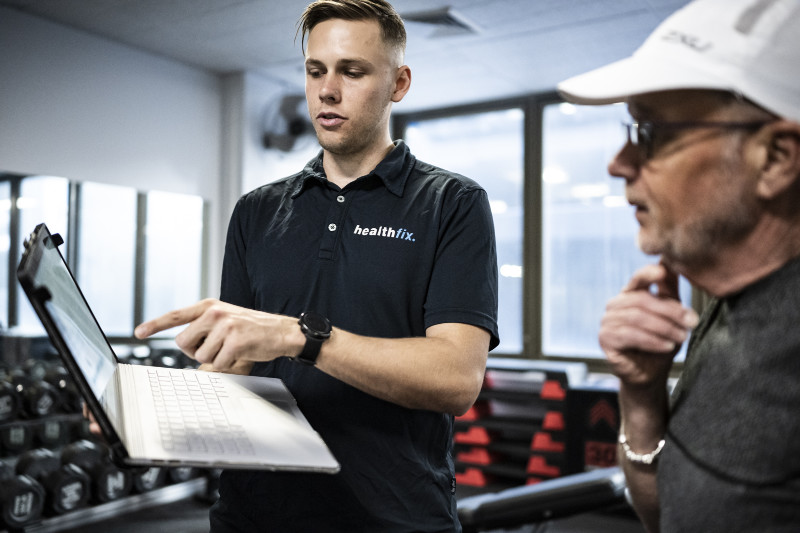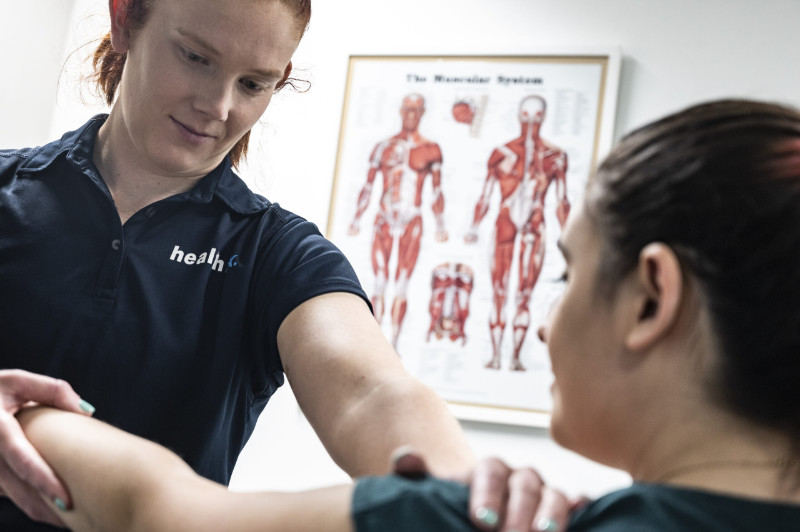
by Ash Cooney | Latest News, Physiotherapy
Hip pain can be a challenging condition to deal with, impacting daily activities and causing discomfort and whether you’re an athlete or a weekend warrior, hip pain is a common issue that affects many people. In this blog post, we’ll explore common hip...

by Ash Cooney | Latest News, Physiotherapy
Think you can’t run? Think again! With these tips from Caitlan Skillicorn Senior Physiotherapist and the help of a physiotherapist, you can prepare for a run event and achieve your running goals safely and effectively. Whether you’re a beginner or just...

by Ash Cooney | Conditions, Physiotherapy
Shoulder pain for older women can become a real plight, but it’s not all bad news. Read on for advice on how to be free of shoulder pain. How to manage pain with physiotherapy As women age, shoulder pain can become a more common occurrence. Whether it is...

by Ash Cooney | Conditions, Physiotherapy
Musculoskeletal Physiotherapy injury screening To reach your health and fitness goals its as simple as being active and exercising consistently. Right? Wouldn’t it be awesome if it was just that simple! The reality is that whatever you choose to use your body for...

by Ash Cooney | Physiotherapy, Promotions
Why do you need a Physiotherapy Injury Rehabilitation Program? Do you have persistent niggles, pain or problems that keep coming back and stop you doing what you want to be doing in life? Our biggest frustration is seeing client’s who do not get better from...






